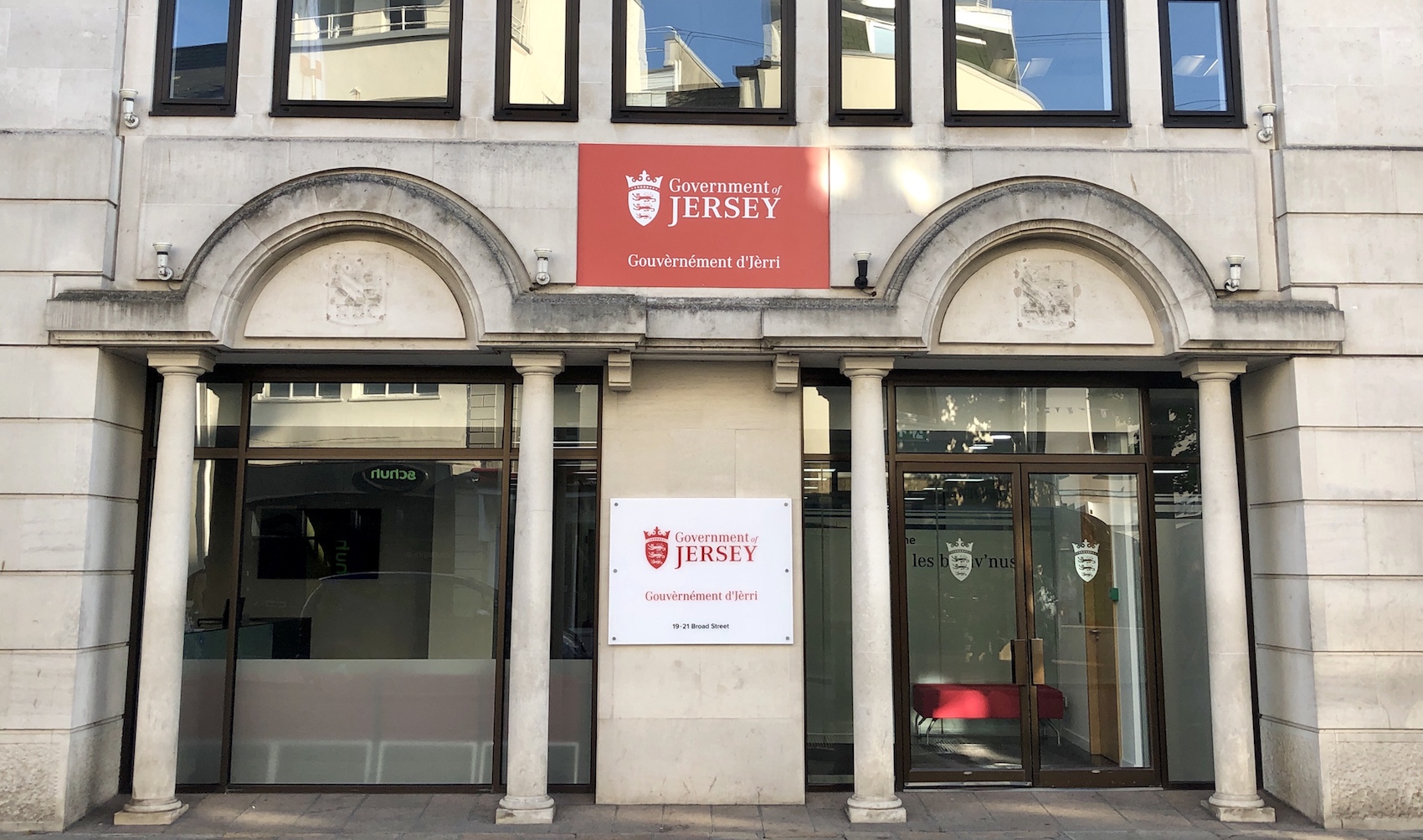

Ministers and officers at the centre of public complaints should not be responsible for responding to them, as they may be incapable of acting impartially, it has been suggested.
The comments came from Geoffrey Crill, Chairman of the Complaints Panel - a board responsible for investigating islanders' grievances with the government - following its busiest year since being established in the 1980s.
In 2018 alone, the board dealt with 21 new formal complaints - all of which come to the board after the department's internal procedure has been exhausted - in addition to seven cases carried over from the previous year and 12 enquiries of an "informal" nature.
In turn, that led to eight formal hearings across issues spanning the Planning Department to Health and Education, with six of those falling in favour of the complainant, and the panel recommending that the relevant departments take action to avoid those problems cropping up again in future.

Pictured: "Maybe in the future responses should be prepared by officials who have not been not connected with the Minister or Department who are the subject of the complaint," Mr Crill suggested.
But in very few areas did the government admit fault in response, with the panel previously expressing frustration in reports that their recommendations had not been followed.
In comments accompanying the board's annual report released yesterday, Mr Crill explained that there was a feeling among some islanders that their complaint might not be dealt with fairly by the department involved, leading him to suggest an independent official instead being tasked with respond to any grievances.
"Many people who approached the Panel during 2018 said that they had insufficient trust in the Department concerned to have dealt with their complaint impartially and this is troubling. Any complaints process has to have integrity and people should feel that internal reviews will be conducted fairly and without bias," he said.
"There does remain a sense in certain Departments, that the Complaints Boards' findings are not supportable, unless they uphold the Department's position. Perhaps it is asking too much of a Minister and departmental officers to take a dispassionate approach when responding to findings which relate to a complaint in which they may have been directly involved? Maybe in the future responses should be prepared by officials who have not been not connected with the Minister or Department who are the subject of the complaint."
Mr Crill's comments come as the future of his board, whose role mirrors that of an ombudsman, is being considered for replacement.

Pictured: It is being considered whether the Complaints Board should be replaced with an ombudsman able to order that remedies be offered to complainants.
At present, cases come to the panel when an islander has exhausted a government's internal complaints process. Complaints are then submitted in writing to the States Greffe, and may result in a public hearing with a Minister and members of their department.
A panel of three members - all of whom are volunteers who freely give their time - will then hear both sides, before coming to their decision as to whether to uphold the complaint. If it is upheld, recommendations are then made to the relevant department to improve.
However, the panel has previously been criticised for its 'lack of teeth', as it has no way to enforce its recommendations, which means they can be ignored.
Instead, the government is now proposing a Public Services Ombudsman - an independent remunerated individual to investigate complaints against the government - which may be able to rule that remedies, such as compensation, be offered to successful complainants. It is estimated that this would cost around £300,000 or more.
The government is now seeking views on the idea, and is inviting islanders to attend two public meetings next week in order to have their say. The first will take place on Monday at St. Paul's Centre between 13:00 and 14:00, and Tuesday from 18:00 to 19:00.
Find out more about the proposal by clicking here.
Comments
Comments on this story express the views of the commentator only, not Bailiwick Publishing. We are unable to guarantee the accuracy of any of those comments.